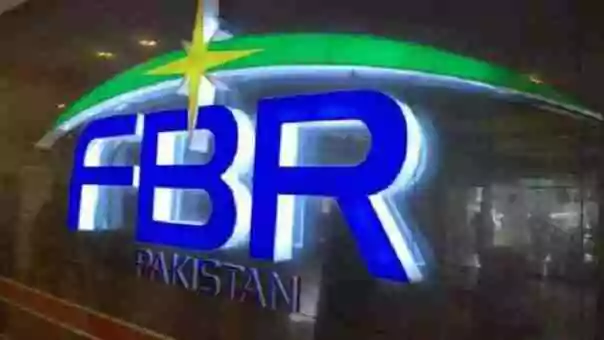Karachi, January 11, 2025 – The Federal Board of Revenue (FBR) has disclosed that TPL, the company licensed for tracking and monitoring transit cargo, has acknowledged the failure of its satellite services.
According to FBR, TPL admitted that its tracking devices were unable to provide the necessary satellite services and, instead, often generated unnecessary or frivolous alerts.
The FBR further clarified that the suspension of TPL’s license was not a sudden decision, as reported by certain sections of the media. Rather, it followed a thorough legal process. The board explained that during the hearings, TPL conceded to the malfunctioning of its devices, which were unable to provide accurate satellite tracking for cargo movement. This admission came as part of the review of the company’s operational performance and technical capabilities.
TPL, which is a publicly listed company on the Pakistan Stock Exchange (PSX), has yet to inform its shareholders about this significant development. Furthermore, there has been no reaction from the PSX, which typically monitors and raises questions in such circumstances.
In recent reports, some national press outlets claimed that the FBR had replaced satellite tracking with human monitoring for transit cargo, based on new monitoring processes. These media outlets also reported that the license of the only company offering satellite tracking had been revoked, and that the license was granted to four other companies that had qualified technically four years ago. However, critics argued that these new companies lacked modern tracking equipment and sufficient experience to manage such a vital task.
FBR responded to these claims, stating that these reports stemmed from misunderstandings about the previous satellite system, the current interim measures in place, and the FBR’s efforts to develop a more advanced, reliable, and secure cargo monitoring system. The board emphasized that TPL’s license was not terminated without cause but followed a detailed legal process. The reasons for the decision included:
• Outdated tracking technology,
• Frequent technical failures,
• Inability to provide live satellite tracking in transit while still charging significant fees, amounting to Rs. 445 million in revenue,
• Disruptions in operations due to cyber-attacks, and
• Multiple violations leading to investigations by various enforcement units.
These issues led to the breaking of TPL’s monopoly, which had been in place since 2013. While the company charged excessive fees for substandard services, it compromised the integrity of the cargo it was supposed to monitor.
To address the current situation and ensure the safe movement of transit and transshipment cargo, the FBR has introduced several interim measures. These steps include:
1. The installation of PMD (Pakistan Maritime Device) tracking devices on vehicles,
2. The movement of cargo in convoys under Customs escort from the port of arrival to the port of destination,
3. Random scanning of cargo at both destination and arrival ports to prevent pilferage,
4. A 24/7 centralized Customs Control Room for real-time tracking of vehicles, and
5. Enhanced surveillance of cargo by field units of enforcement formations.
Additionally, the FBR has initiated a transparent and competitive process for selecting new companies to handle cargo tracking. This involves the issuance of a fresh Expression of Interest (EOI), aimed at selecting companies that can deploy the latest technologies for efficient cargo monitoring. The FBR emphasized that the requirement for Container Surveillance Devices (CSDs) remains in place and will be incorporated into the new system, which will combine both GSM and satellite technologies for enhanced tracking capabilities.
Through this process, the FBR is working towards creating a modernized and efficient cargo monitoring system, addressing the shortcomings of the previous system while ensuring a safe, reliable, and state-of-the-art technology-driven approach for the future of Pakistan’s transit cargo tracking.
